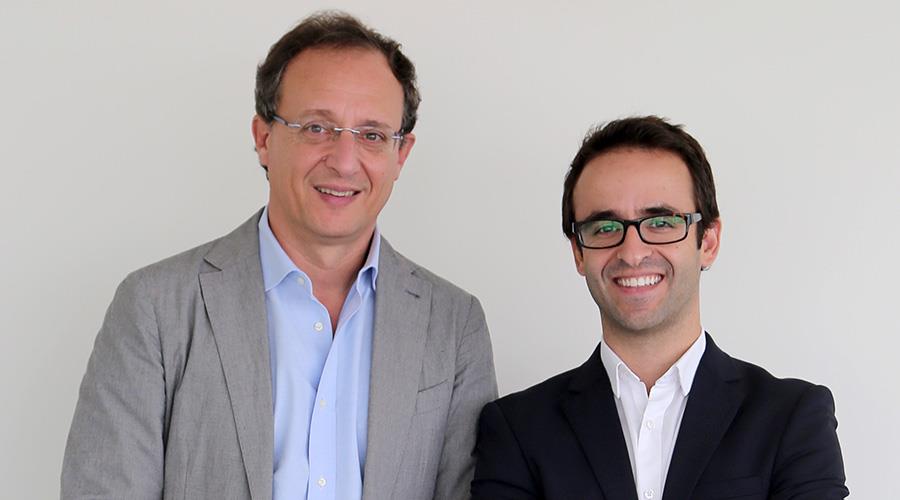Sidra Medicine will hold an international conference titled “Senses, Diet and Disease” to further scientific knowledge on how the senses of taste and smell can help address and treat diseases like obesity. The conference will be held from 13-15 November 2016 at the Hamad Bin Khalifa University Student Center in Education City.
The conference is directed towards academia, researchers, physicians, healthcare providers and regulatory agents involved in the fields of chemical senses1, nutrition, obesity and related disorders. “The 1st Qatar Olfactory Mini Symposium (QOMS 2016)”, a satellite half-day meeting will also be an integral part of the conference.
Sidra Medicine’s Chief of Experimental Genetics Professor Paolo Gasparini and Investigator, Dr. Luis Saraiva will be discussing how genes, smell, taste and food preferences can impact on food intake and health status.
“Science has progressed rapidly that we already have a good understanding of how our sense of taste and smell work at a peripheral level including molecular, behavioral and physiological stages. We are really keen to further discuss and explore how olfactory, taste and appetite systems interact and impact on diseases and medical conditions like obesity, cancer or malnutrition. The potential of these senses and their interplay have tremendous potential in tackling issues like obesity – a growing health concern in the gulf region,” said Dr. Saraiva
Obesity has become a major pandemic around the world, with massive social, economic and medical costs. In the Gulf region, overweight and obesity rates are amongst the highest in the world – posing even bigger problems in the population. Qatar has taken several measures to address its own obesity challenges in the adult population via health and well-being campaigns including the promotion of sports and health activities on National Sports Day which is celebrated in February every year.
Various international studies have highlighted the association between food cravings and obesity – with obese people more often experiencing food cravings. A recent study by the Yale School of Medicine2, confirmed that a keen sense of smell has a correlation to obesity. This raises the possibility that the ability to image odors particularly of food may promote cravings for food, which in turn could prompt an individual to eat more and gain more body weight. This could potentially lead to a higher risk of developing further health problems including cancer and type 2 diabetes.
“Sidra Medicine’s efforts through the conference are to bring together world-renowned experts from the fields of olfaction, taste, food perception and intake, and neurobiology of feeding to illustrate the ongoing research and to drive scientific knowledge in this area of research. We hope this will provide clues to potential approaches for controlling appetite and obesity, which is of serious medical concern in our modern society. This would ultimately engender better and more personalized treatment options to control the obesity pandemic,” said Dr. Saraiva.
Several noted international experts will be speaking at the conference including Dr. Robert Margolskee (Director of the Monell Chemical Senses Center); Dr. Peter Mombaerts (Director of the Max Planck Research Unit of Neurogenetics); Dr. Wolfgang Meyerhoff (German Institute of Human Nutrition) and Dr. Charles Spence (University of Oxford).
“Smell is the most primitive of our senses, and the only one that sends information to the limbic system before the cortex. The limbic system of the brain regulates emotion and instinctive behaviors, like fear or appetite. Despite being one of the most active fields of research, there is still some mystery around how olfactory senses can impact complex behavior and physiological changes. We are looking forward to exploring this with our world-renowned experts at the satellite half day session olfactory mini symposium – which is the first in the Middle East to be dedicated to smell,” concluded Dr. Saraiva.


